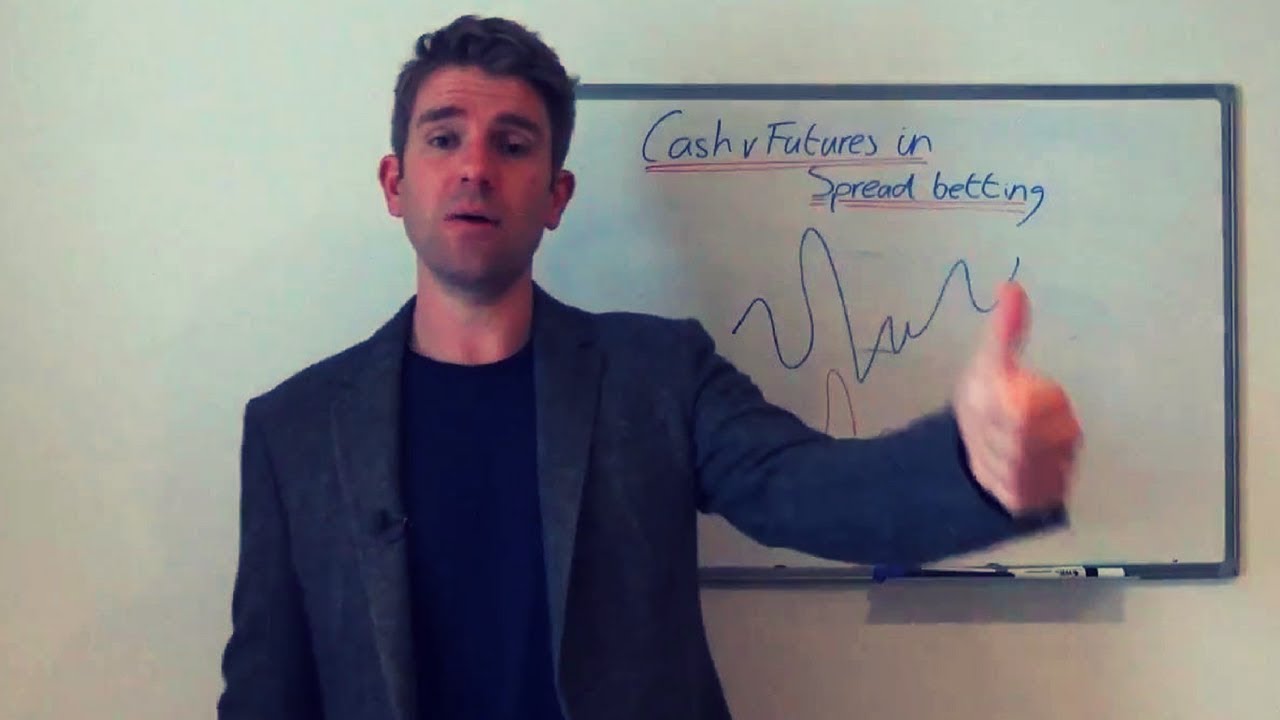I’m trying to understand the differences between trading cash indices and futures indices. I see both options available on my platform but I’m not sure which one would be better for my trading style.
From what I can gather, there seem to be differences in spreads, trading hours, and maybe rollover costs? But I’m having trouble finding a clear breakdown of the actual advantages and disadvantages of each.
Can someone explain the key differences and help me understand when you might choose one over the other? I’m particularly interested in understanding the cost differences and which one might be more suitable for day trading vs longer term positions.
Any insights would be really helpful as I’m trying to make an informed decision about which market to focus on.
Cash indices work well for quick trades, but futures have better pricing. Plus you get extended hours trading with futures.
I’ve switched to mostly futures - the rollover stuff seems annoying at first but you get the hang of it pretty fast.
Cash indices hit you with overnight financing costs that pile up fast on longer trades.
Futures have cleaner pricing - everything’s baked in already. Just watch those expiry dates and roll when needed.
I stick with futures for swing trades. The financing’s upfront and honest, plus you get way better liquidity after hours.
I stick with cash indices for day trading. Spreads are wider than futures, but I don’t have to track rollover dates.
Futures have tighter spreads and extended hours, but quarterly rollovers are annoying. Got burned early on when I forgot an expiry date.
Overnight positions with cash indices rack up swap fees fast. Futures don’t have this problem since time’s already baked into the price.
For scalping or day trading, cash works fine. The wider spread is worth not having to track contract dates. But if you’re holding weeks or trading bigger size, futures make more sense.
Tried both for 6 months each. Stuck with cash since I trade mostly intraday and it’s simpler.
Cash for day trading futures for swing positions.
Cash indices hit you with daily financing fees on overnight positions. Futures bake that cost into the price upfront - you know exactly what you’re paying. You also get real volume data and better liquidity with futures. Cash indices often show fake synthetic volume that doesn’t reflect actual market activity. If you’re day trading for less than 4 hours, spreads probably won’t kill you. But holding overnight or trading bigger size? Futures win on cost every time. Rollover happens quarterly and takes like 2 minutes to handle.
